Tag Archive for: transportation
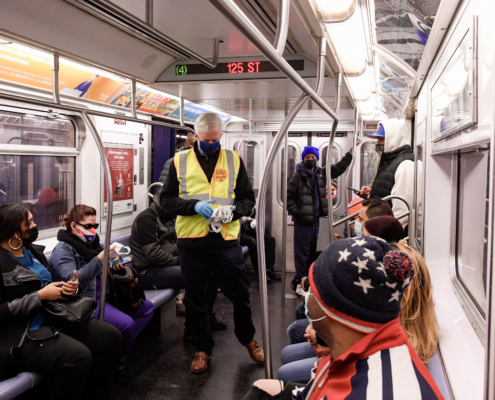 Metropolitan Transportation Authority of the State of New York from United States of America, CC BY 2.0
Metropolitan Transportation Authority of the State of New York from United States of America, CC BY 2.0 How Public Transportation’s Efficiency Changed During Covid
The MBTA's efficiency plummeted during Covid; as people chose either personal transportation or personal work, the MBTA lost significant ridership. However, it maintained its vehicle fleet and the depth of its services even as its operating cost per passenger mile increased dramatically.
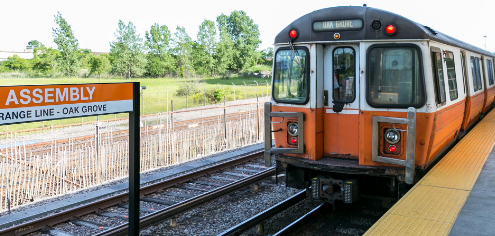
The MBTA’s Aging Infrastructure: Improvements have Failed to Materialize for the T
Reform for the MBTA has long been a priority for Massachusetts government. However, the MBTA still struggles to grow its ridership and revenue, as its infrastructure grows increasingly in need of repair.
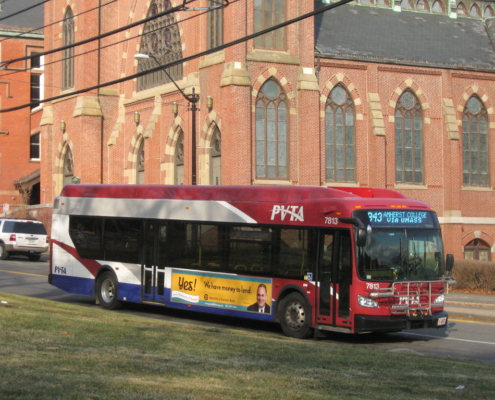
Cheap, Efficient, Effective: The Lessons from the PVTA and WRTA
The MBTA is recognized as one of the best transit systems in the nation. It's not perfect, however: comparisons to other Massachusetts transit systems can indicate the MBTA's flaws and highlight the regional authorities' strengths.

Transparency, Please! MBTA Resists Disclosure of Arbitration Award
Joe Selvaggi talks with attorney for Pioneer Public Interest Law Center (PPILC) John La Liberte, about the work he did to successfully gain access to the MBTA retirement fund’s arbitration agreement after a seven-month legal struggle.
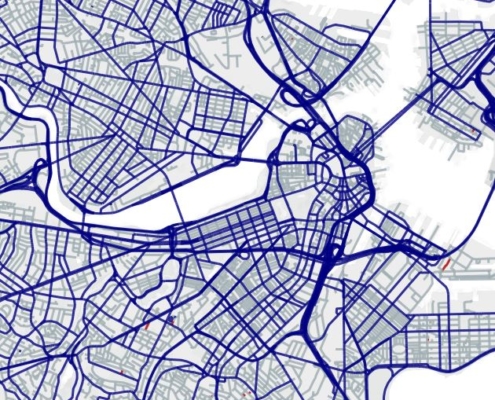
Looming Budget Crisis Reveals MBTA’s Dependency on Federal Funds
0 Comments
/
The MBTA is about to lose federal funding at a critical moment when ridership has not yet recovered. Will the state make up the difference?
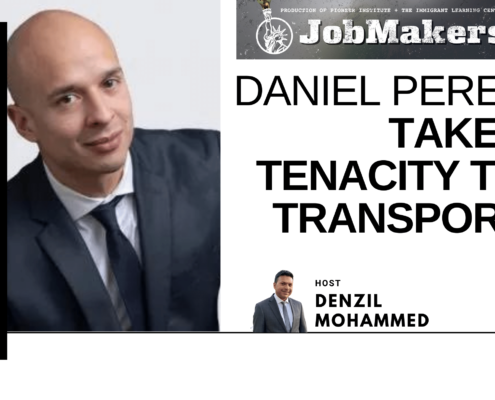
Daniel Perez Takes Tenacity to Transport
This week on JobMakers, host Denzil Mohammed talks with Daniel Perez, immigrant from Colombia and founder, president and CEO of DPV Transportation Worldwide, based in Everett, Massachusetts. Daniel shares what it meant to tap into his entrepreneurial spirit and become a success, pivoting into healthcare and community service when the transportation sector was impacted by the pandemic, and finding a way to use his fleet for good.
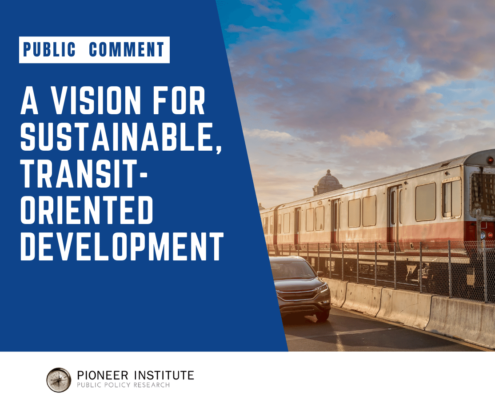
A Vision for Sustainable, Transit-oriented Development
In this public comment, Pioneer Institute examines the Massachusetts Department of Housing and Community Development's guidelines on how localities can comply with new zoning mandates around MBTA stations. While some of the compliance criteria and goal-setting language need further clarification and adjustment, overall Pioneer Institute is supportive of the vision for sustainable, transit-oriented development which, if properly implemented, will expand economic opportunity to a new generation of the state's residents.

Study Raises Concern That Annual T Fare Evasion Costs Could Rise By More Than $30 Million Under AFC 2.0
According to the Federal Transit Administration (FTA), the MBTA’s $935.4 million fare collection system (AFC 2.0) that is scheduled to be implemented in 2023 will reduce fare evasion by $35 million over a decade. But the T announced in 2021 that evasion could actually increase by up to $30 million under AFC 2.0, and now a Pioneer Institute study warns that insufficient fare enforcement could drive that figure even higher under the new system.
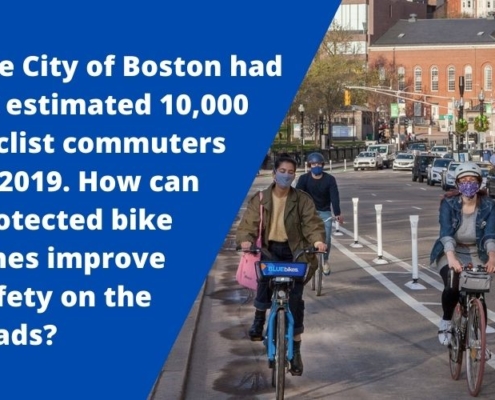
Urban Cyclist Fatalities: Improving the Safety of Our Commuters
Pioneer set out to compare fatality data, miles of bike lanes, and cyclist commuter statistics in the five largest cities in the Northeast to develop recommendations for what urban areas can do to improve dangerous riding conditions.
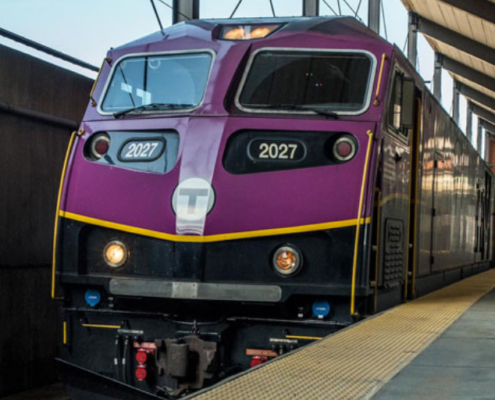
Open Letter: Extend the Term of the MBTA’s Fiscal and Management Control Board
Read Pioneer Institute's Open Letter urging policymakers to extend the term of the MBTA’s Fiscal and Management Control Board (FMCB), which is currently scheduled to sunset at the end of June. The Letter also calls for the Control Board to continue to be made up of transit experts rather than political appointees, and recommends that an independent audit office be created that reports directly to the FMCB.

Traffic Strikes Back: New Transportation Strategies for Post-Pandemic Prosperity
Host Joe Selvaggi talks with Chris Dempsey, Director of Transportation for Massachusetts, about road and mass transit innovations that could address traffic challenges in a high-growth, post-pandemic economy.

Pioneer Institute Statement on MBTA Service Cuts
Even as MBTA ridership and revenue have been gutted by the COVID-19 pandemic, the system remains a lifeline for so many residents in the Greater Boston area, especially those working in essential services like health care or in industries most impacted by the pandemic such as the restaurant sector. Facing a crisis of this magnitude, T leadership must first do its all to rethink how it delivers services before reflexively making cuts.
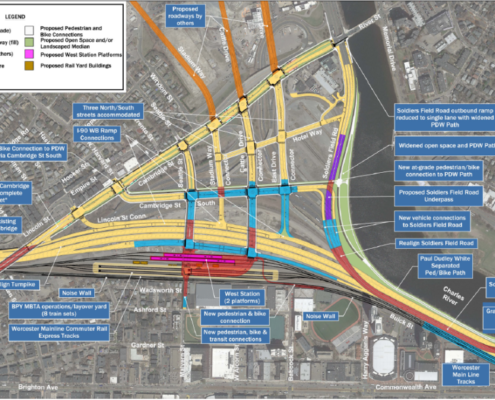
Public Comment on I-90 Allston Multimodal Project
Last year, Pioneer Institute proposed that the Massachusetts Department of Transportation (MassDOT) revise its Scoping Report on the I-90 Allston Multimodal Project and recommend an additional option - a modified at-grade option for the throat area - to the Federal Highway Administration (FHWA). The Institute believed then and continues to believe that an all at-grade design will shorten construction time, lower costs, create fewer negative economic and congestion impacts, and improve neighborhood access to parkland along the Charles River.

COVID-19 Silver Lining: MBTA Takes Advantage of Ridership Lull to Accelerate $8.5 Billion Modernization Program
Pioneer Institute congratulates the Fiscal and Management Control Board (FMCB) and MBTA management for taking advantage of the precipitous ridership declines due to the COVID pandemic to dramatically accelerate ongoing construction projects.
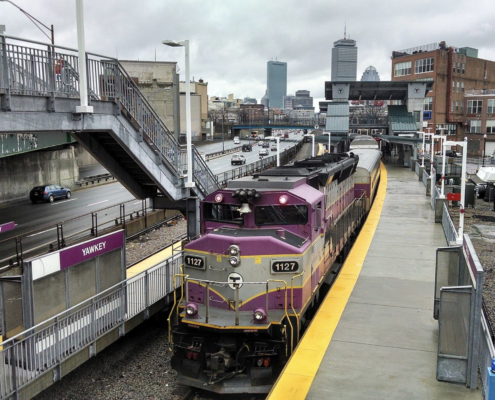 https://pioneerinstitute.org/wp-content/uploads/Screen-Shot-2020-07-14-at-12.14.12-PM.png
1512
2018
Max von Schroeter
https://pioneerinstitute.org/wp-content/uploads/logo_440x96.png
Max von Schroeter2020-07-15 11:50:362021-02-15 14:49:42A Time to Build
https://pioneerinstitute.org/wp-content/uploads/Screen-Shot-2020-07-14-at-12.14.12-PM.png
1512
2018
Max von Schroeter
https://pioneerinstitute.org/wp-content/uploads/logo_440x96.png
Max von Schroeter2020-07-15 11:50:362021-02-15 14:49:42A Time to Build
Open Letter to MassDOT Board Regarding I-90 Allston Multimodal Project
Read Pioneer's Open Letter to MassDOT on the I-90 Allston Multimodal Project, Boston, MA National Environmental Policy Act Review Scoping Report: All At-Grade Option and 8-lane Turnpike – Throat Area
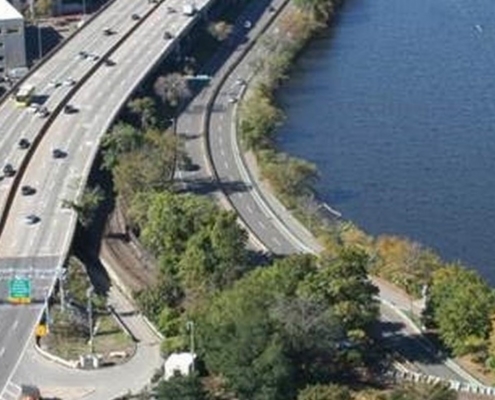
Open Letter to MA Governor Charlie Baker Regarding Boston Commuters from Points West
In an Open Letter to the Massachusetts Governor, Pioneer Institutes presents its concerns about the I-90 Allston Multimodal Project, and its impact on those who will be most affected during the project’s construction
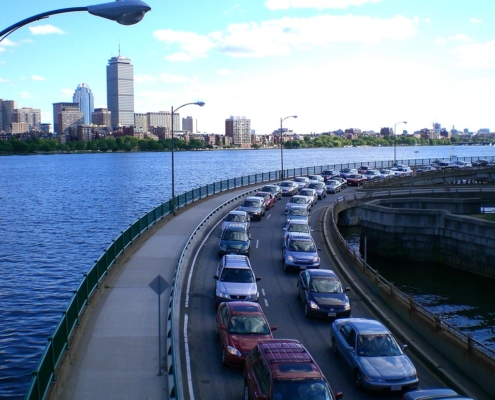
An easy transportation fix? Commuter benefits
This op-ed appeared in The Boston Business Journal on October…
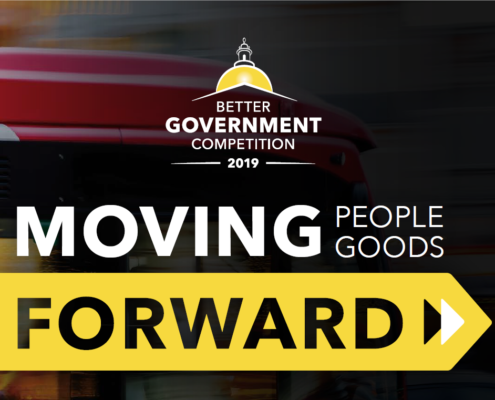
Pioneer Institute Announces Winner of 29th Annual Better Government Competition
Pioneer Institute is pleased to announce that Los Angeles Country Metropolitan Transportation Authority (LA Metro)’s program, “Operation Farm Team: Global Transportation Infrastructure Workforce Initiative” is the winner of the 29th annual Better Government Competition. The theme of the 2019 contest was, “Moving People, Moving Goods, Moving Forward,” focusing on innovations that prepare America for the future of transportation.
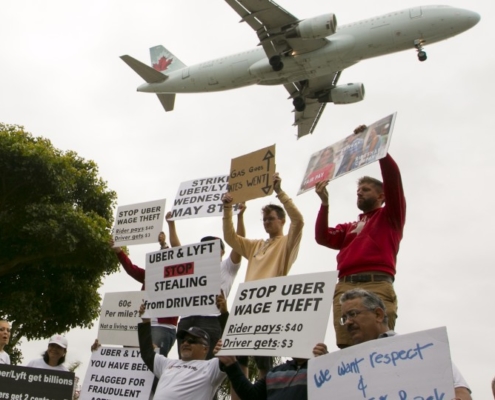
Uber May Not Be Perfect, But Do We Want To Give The Transportation Revolution A Flat Tire?
This op-ed appeared on WGBH News.
You’d be right to shake…

The Metro & the MBTA: Raising Fares May Not Be Enough
New York City and Boston are drastically different cities, but…
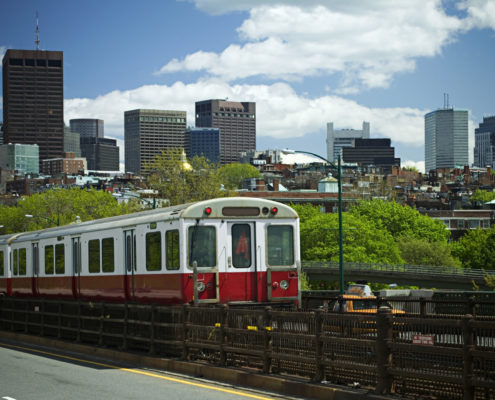
Moving the MBTA Forward
We are pleased that former Pioneer Institute Research Director…

The Future of Transportation in the Commonwealth
Taking advantage of the public comment period, Pioneer Institute…

The Storrow Drive Tunnel Has The Lowest Sufficiency Rating In The Country, Why Hasn’t It Been Fixed Yet?
If you live in or commute to Boston, chances are you’ve driven…
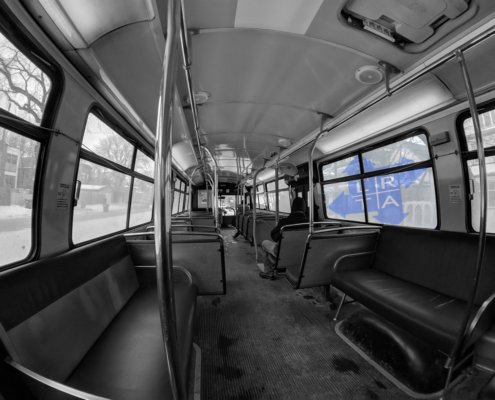
A Public Transit that Neglects Its Public
Two of a community’s most important hubs are its colleges and…

Parking Fine Hikes in Boston: a step in Go Boston 2030’s Larger Plan
On July 2, 2018, parking ticket fines in Boston increased substantially.…

“Isn’t Everything Online and Free?” The Exclusivity of MA Law Libraries
There are 15 Trial Court Law Libraries in Massachusetts to service…
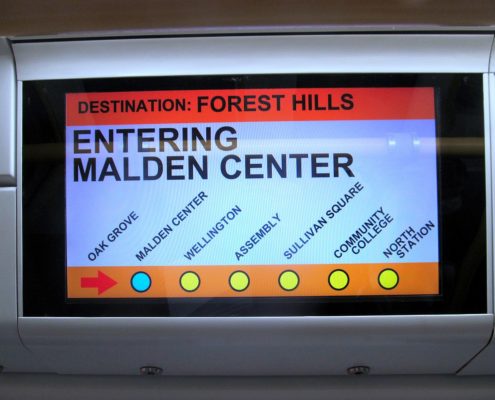
Managing Growth in Malden & Somerville: A Tale of Two Cities
The influx of new residents into Boston and its surrounding communities…
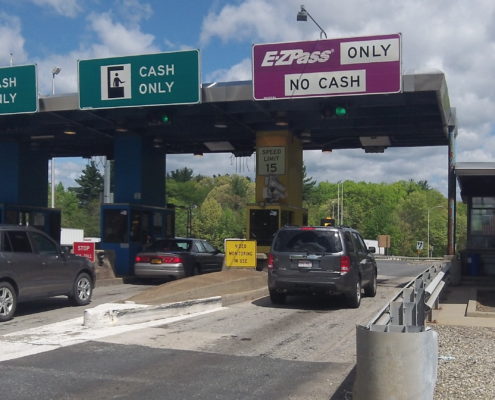
Study: Expand Use of Transponder Technology to Parking, Other Non-Tolling Services
Report calls for creation of single account to simplify customer…

MassDOT Relocation Proposal Gives Way to More Pressing Issues
The Baker administration has recently abandoned a proposal to…
